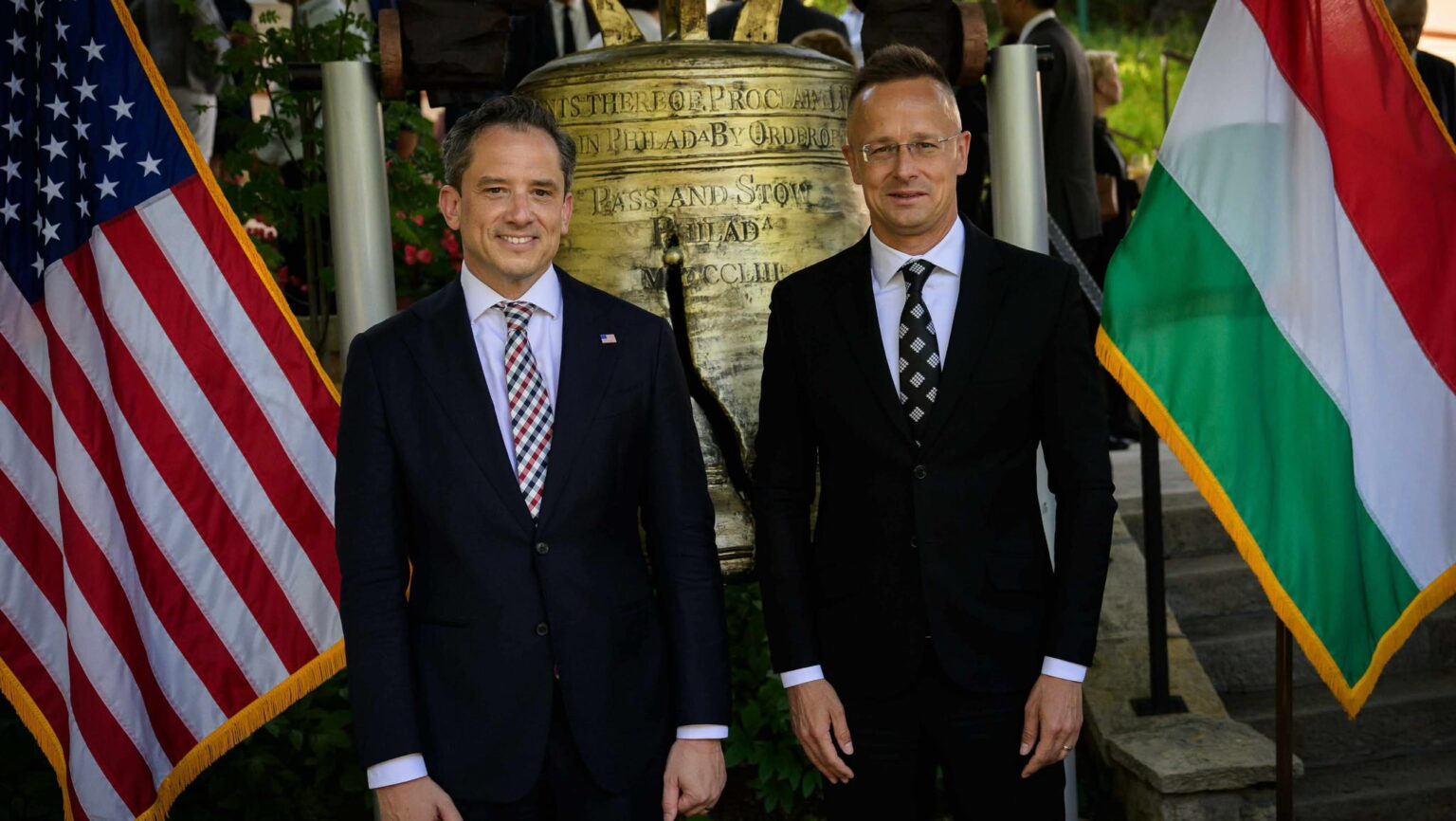
‘The principles of “America first” and “Hungary first” give us the opportunity to elevate our friendship to a level where the sky is the limit,’ Péter Szijjártó highlighted in his speech at the US Embassy reception held on Wednesday to mark American Independence Day.
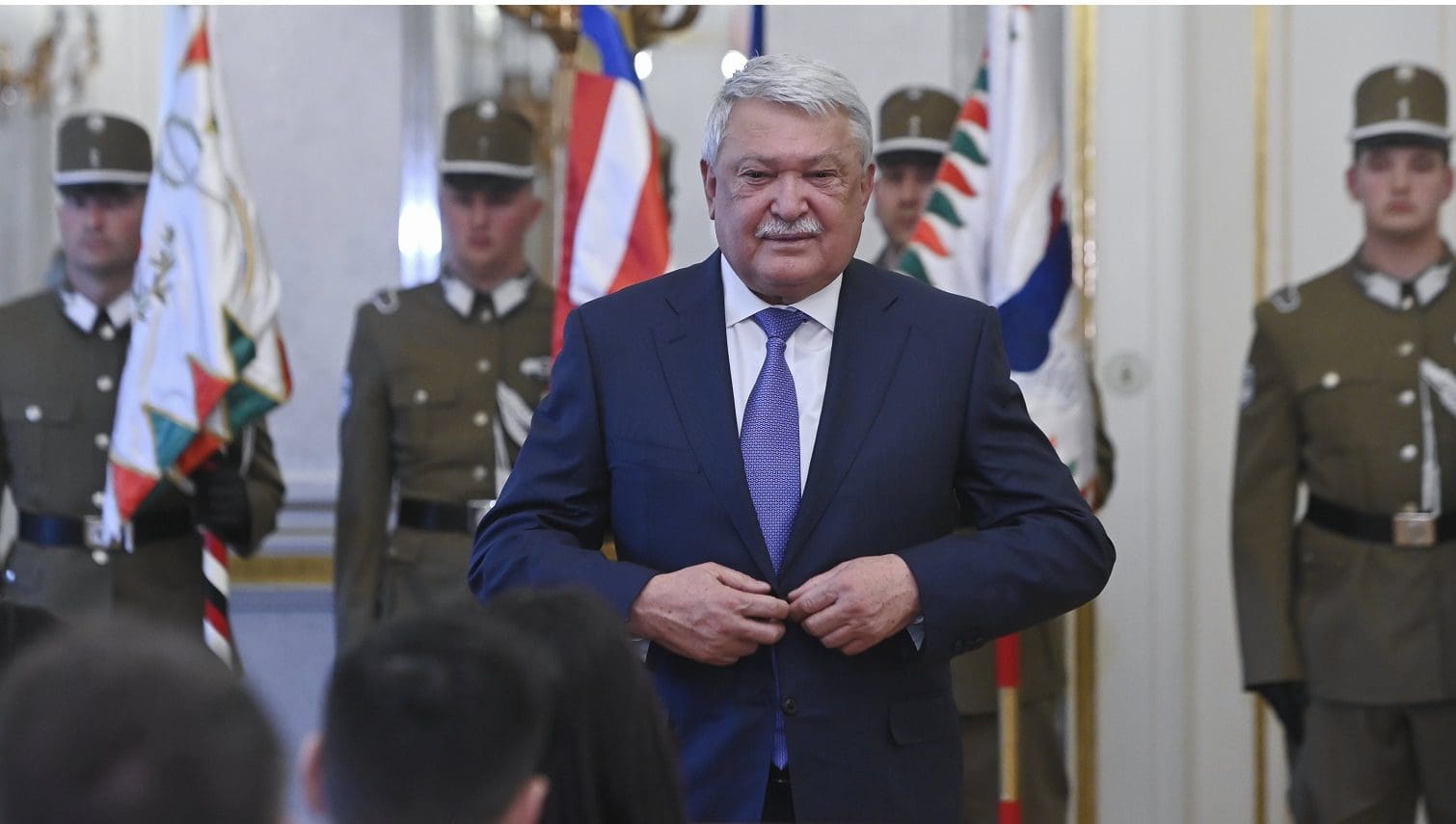
Hungarian Football Association (MLSZ) Chairman Sándor Csányi told to the Hungarian sports daily Nemzeti Sport about key topics, including the men’s national team’s potential World Cup qualification, the Champions League final held in Budapest next year, and the new rule that dictates Hungarian clubs have to play at least five domestic players per game to get funding.

There is no deforestation in Hungary, declared State Secretary for Forests and Land Affairs Péter Zambó, rejecting public allegations. Forests are being renewed, not destroyed—under strict legal supervision and with a focus on sustainability, he said in a video statement.
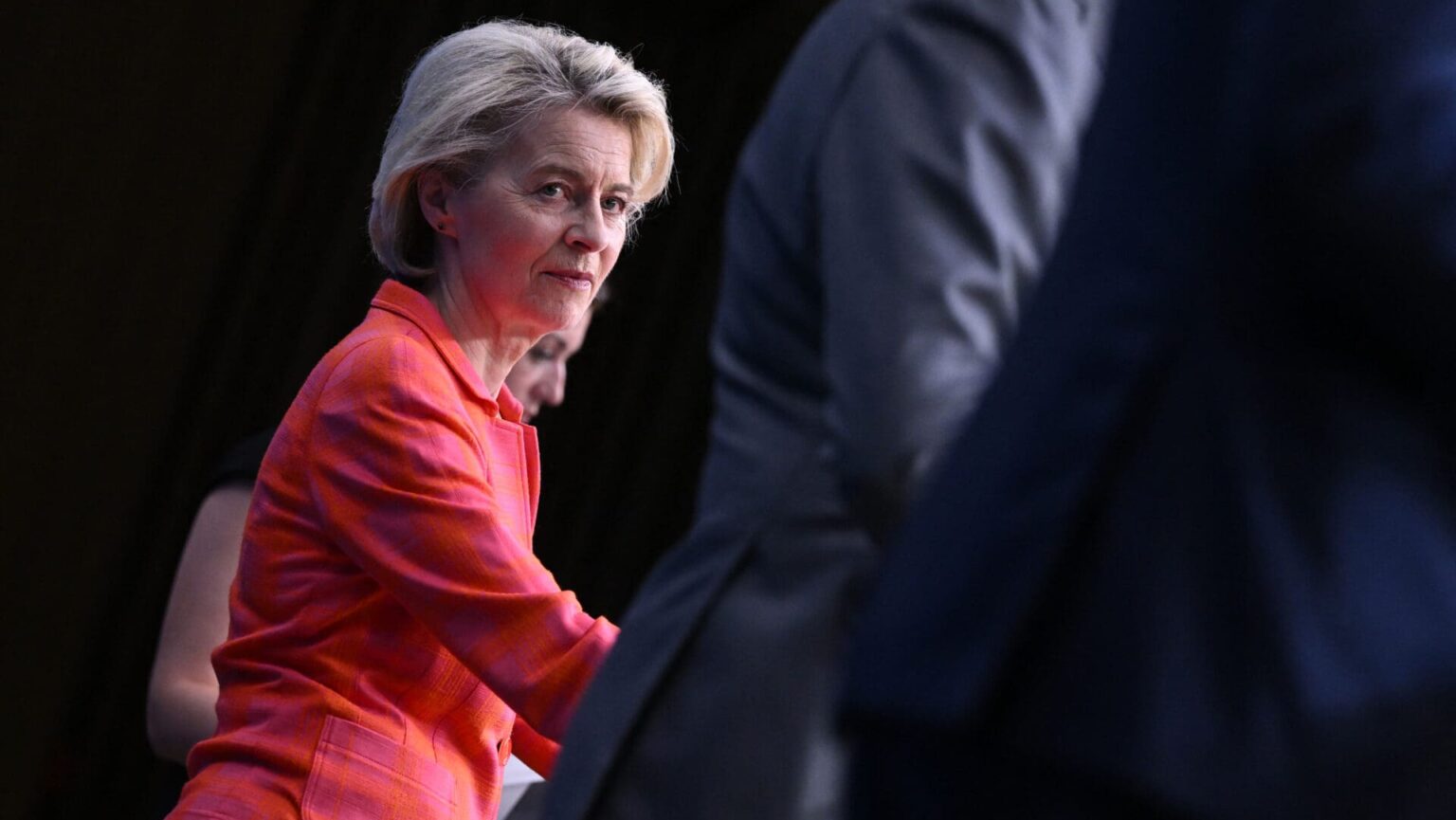
The European Parliament will debate and vote next week on a no-confidence motion against European Commission President Ursula von der Leyen, triggered by criticism over undisclosed vaccine-related messages with Pfizer’s CEO during the COVID-19 pandemic.

Hungarian Prime Minister Viktor Orbán has unveiled a new discounted loan scheme offering first-time homebuyers up to HUF 50 million at a fixed 3 per cent interest rate for up to 25 years, aiming to curb rural migration and help families enter the housing market amid rising property prices. The programme applies nationwide with no age limit and requires only a 10 per cent down payment.
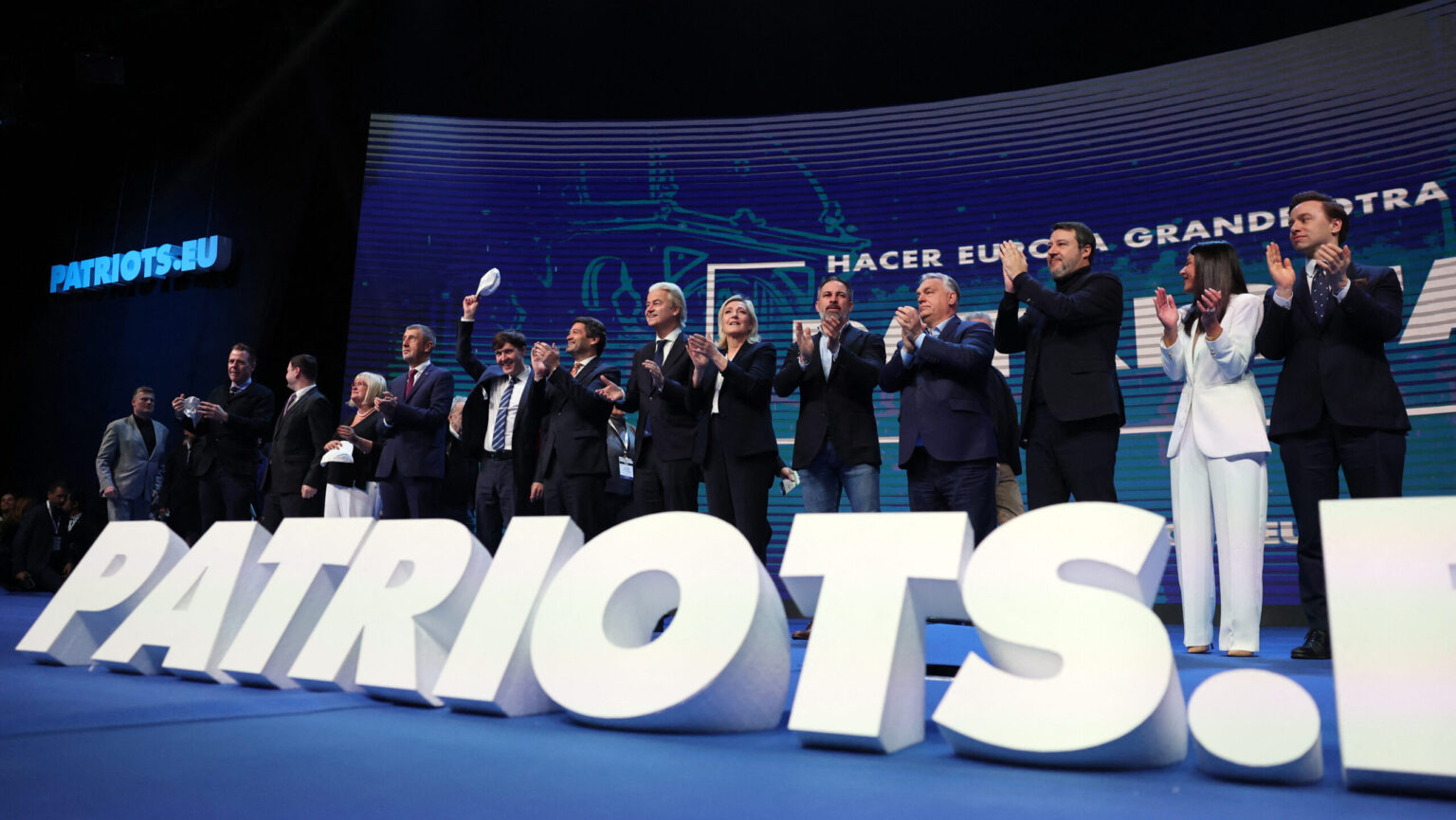
On 30 June 2024, Andrej Babiš, Herbert Kickl, and Viktor Orbán announced the establishment of a new political alliance called Patriots for Europe, which soon became the third-largest group in the European Parliament. In this article, we examine PfE’s first year and explore what lies ahead.
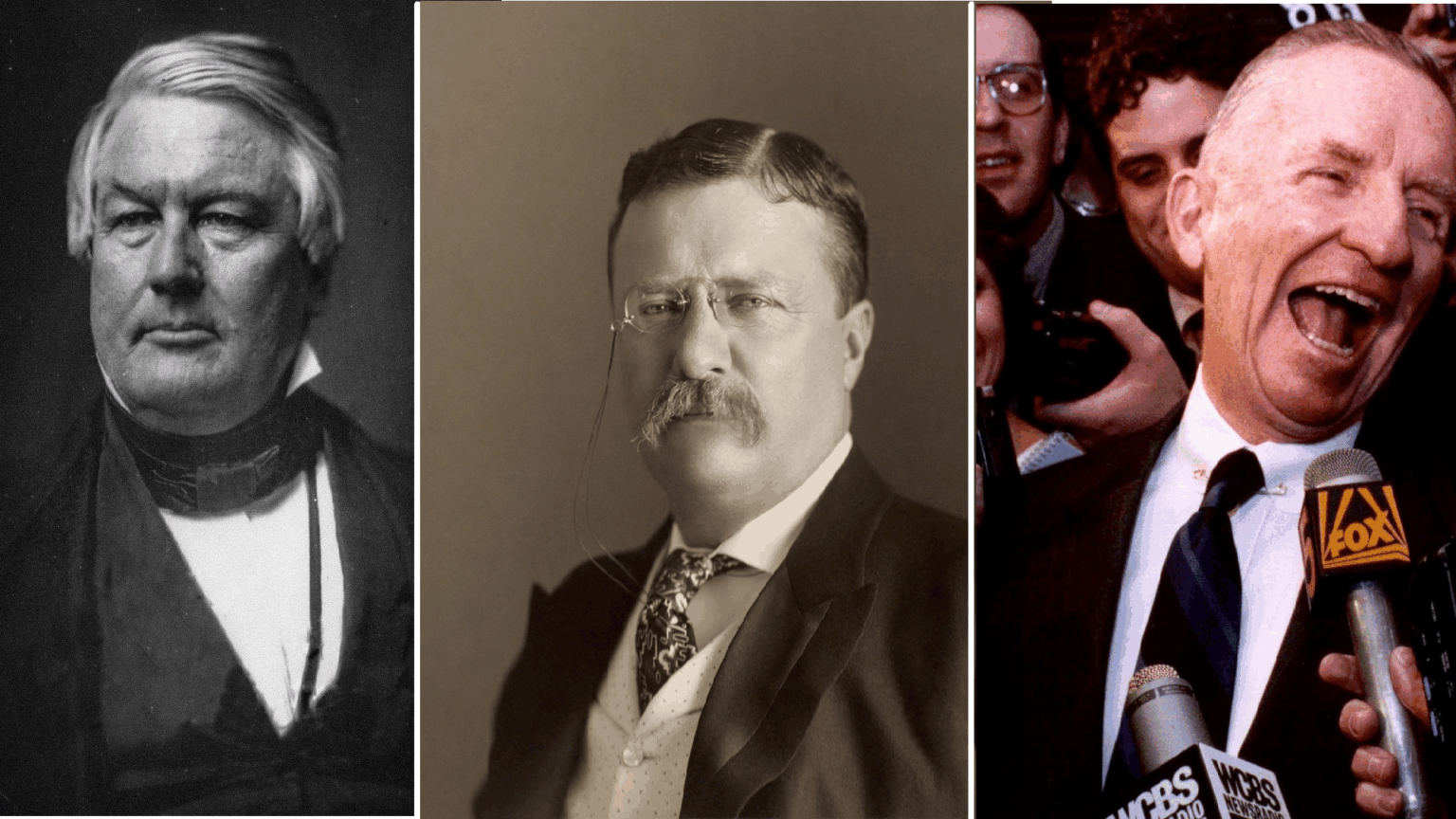
During his reignited feud with President Trump, Elon Musk suggested creating the America Party to challenge the two-party system in the US. On that occasion, let’s take a look at the most successful third parties in American history.
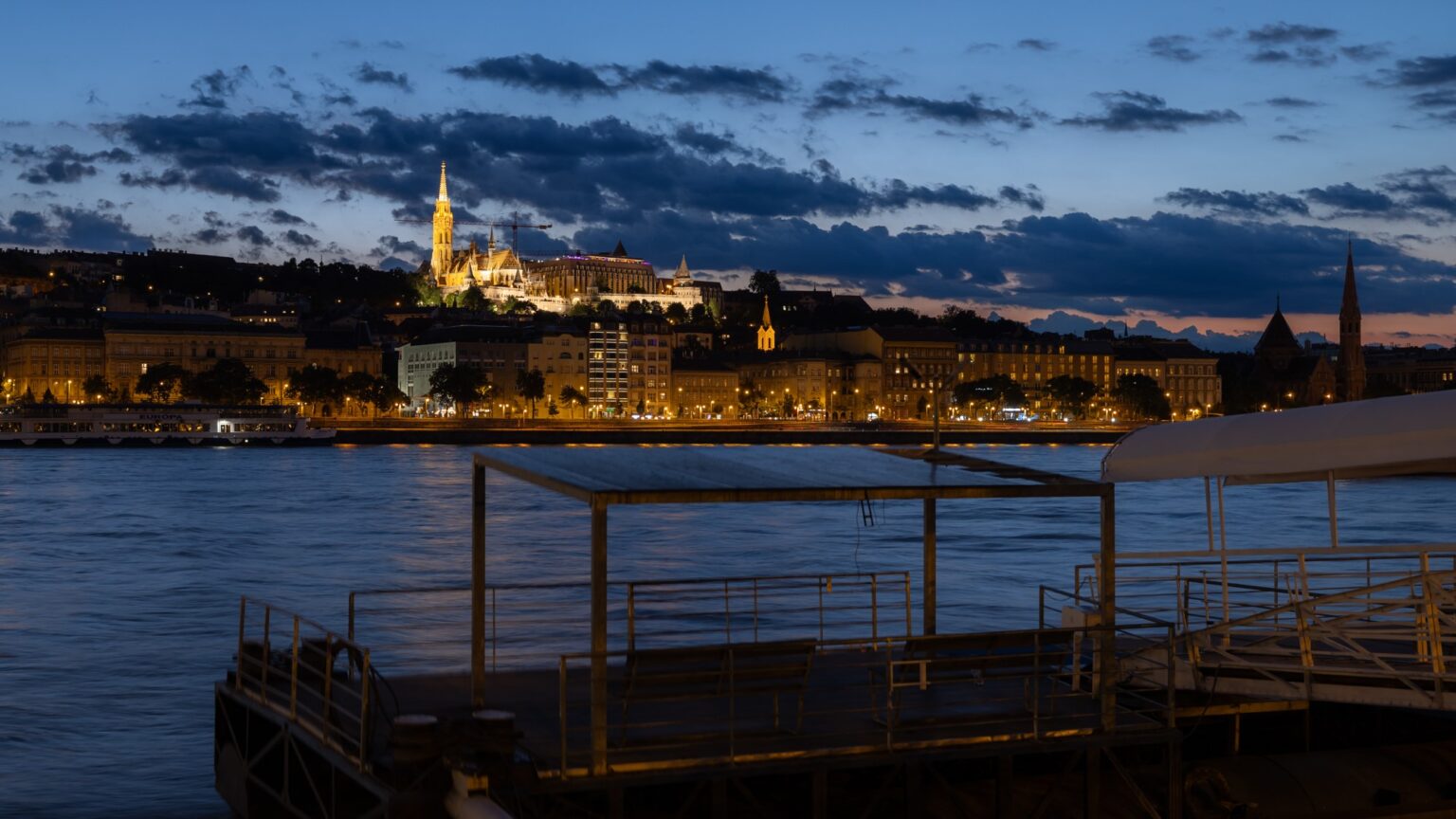
Due to global economic uncertainty, central banks in both Europe and the US have raised their inflation forecasts and cut growth expectations. Hungary, however, anticipates modest growth this year, supported by strong domestic consumption and a stable banking sector.
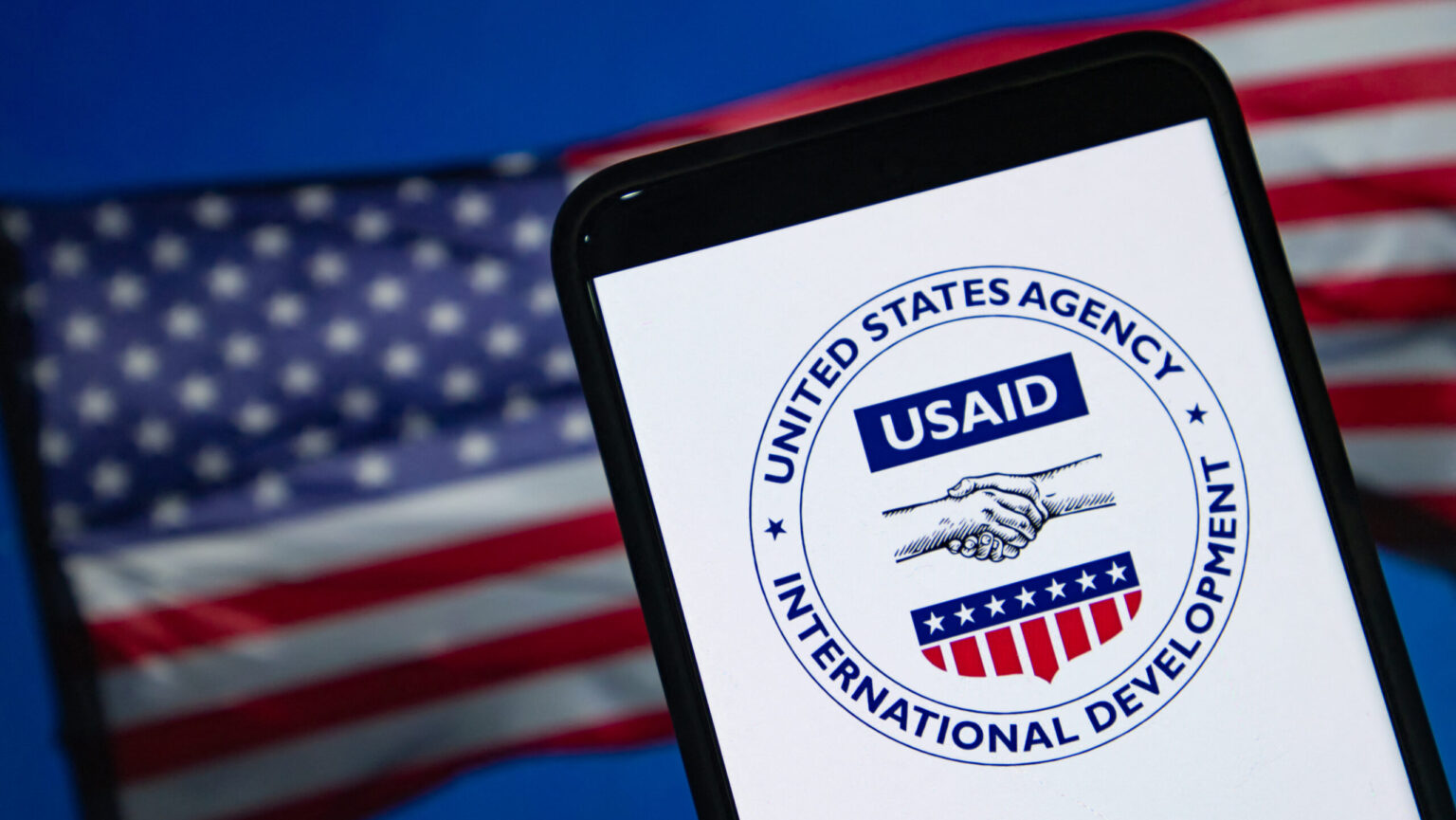
As of 1 July 2025, the US Agency for International Development (USAID) has ended all of its operations, with the remaining programmes continuing under the State Department’s oversight. Political Director to the Hungarian Prime Minister Balázs Orbán welcomed the decision, emphasizing its significance in reducing foreign interference against sovereignist governments.

Air traffic in Hungary is booming, with Budapest Airport reporting a 14 per cent increase and overflight traffic rising 6 per cent since last year. HungaroControl highlights the country’s growing tourism appeal and increased traffic due to the Ukraine conflict.
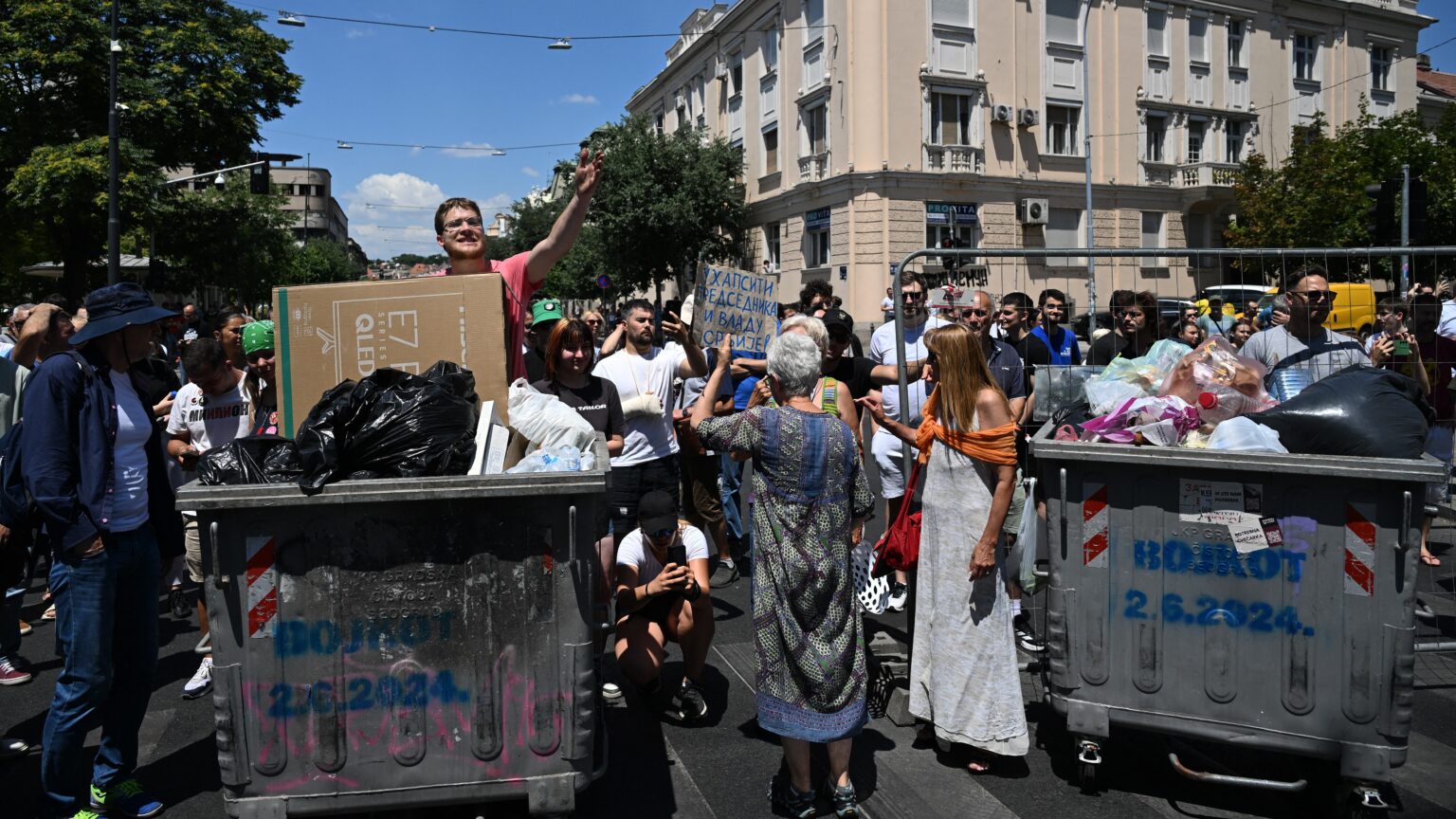
Protests in Serbia have continued since November, sparked by a deadly infrastructure collapse and growing anger at President Vučić’s government. As the EU backs protesters and withholds aid, Hungary defends Vučić, denouncing the movement as a foreign-backed attempt to destabilize the region.
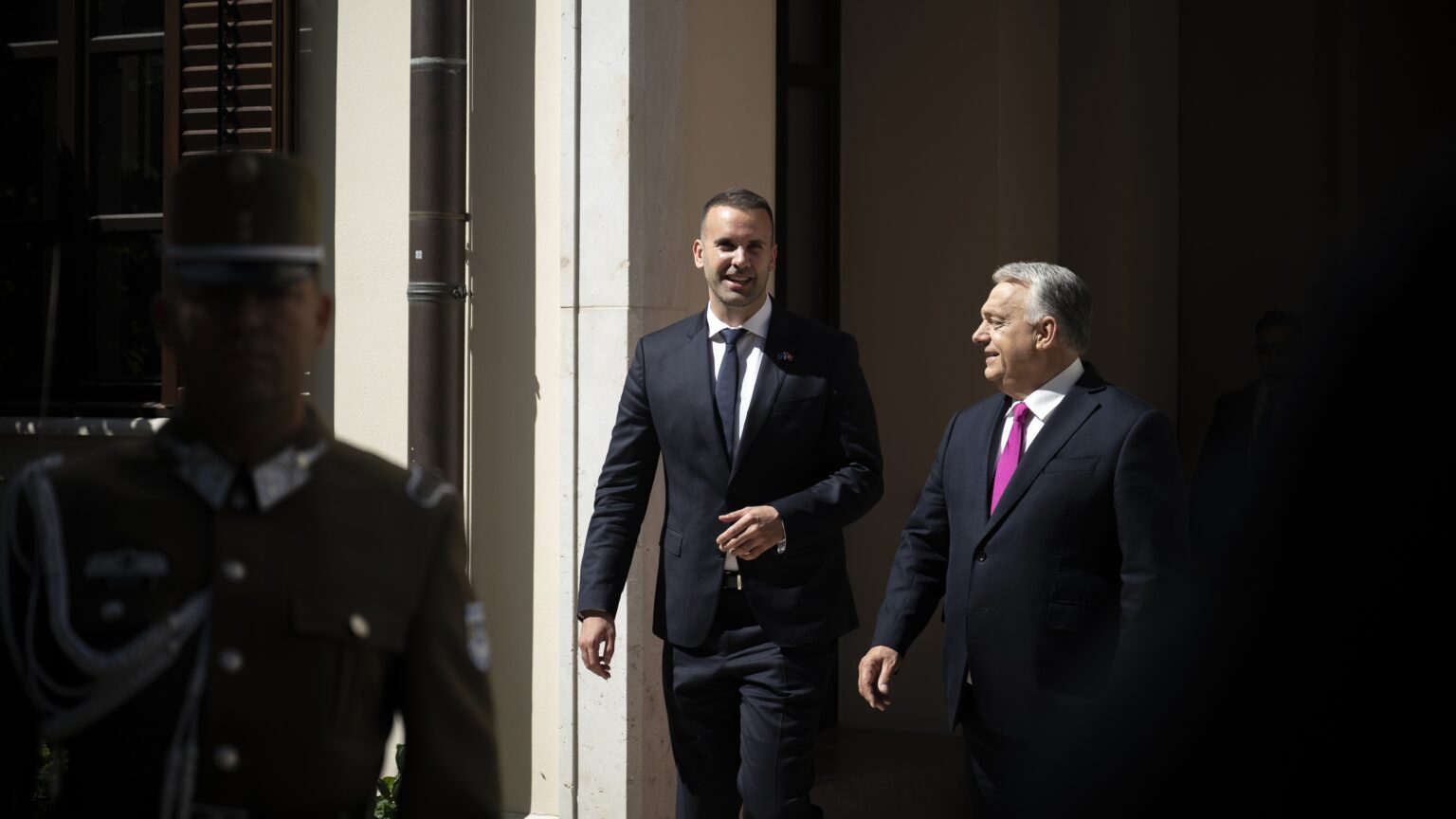
Hungarian Prime Minister Viktor Orbán called Montenegro a ‘key country’ and reaffirmed Hungary’s support for its EU membership. Meeting with Montenegrin PM Milojko Spajić in Budapest, the leaders signed cooperation agreements in infrastructure and telecoms.
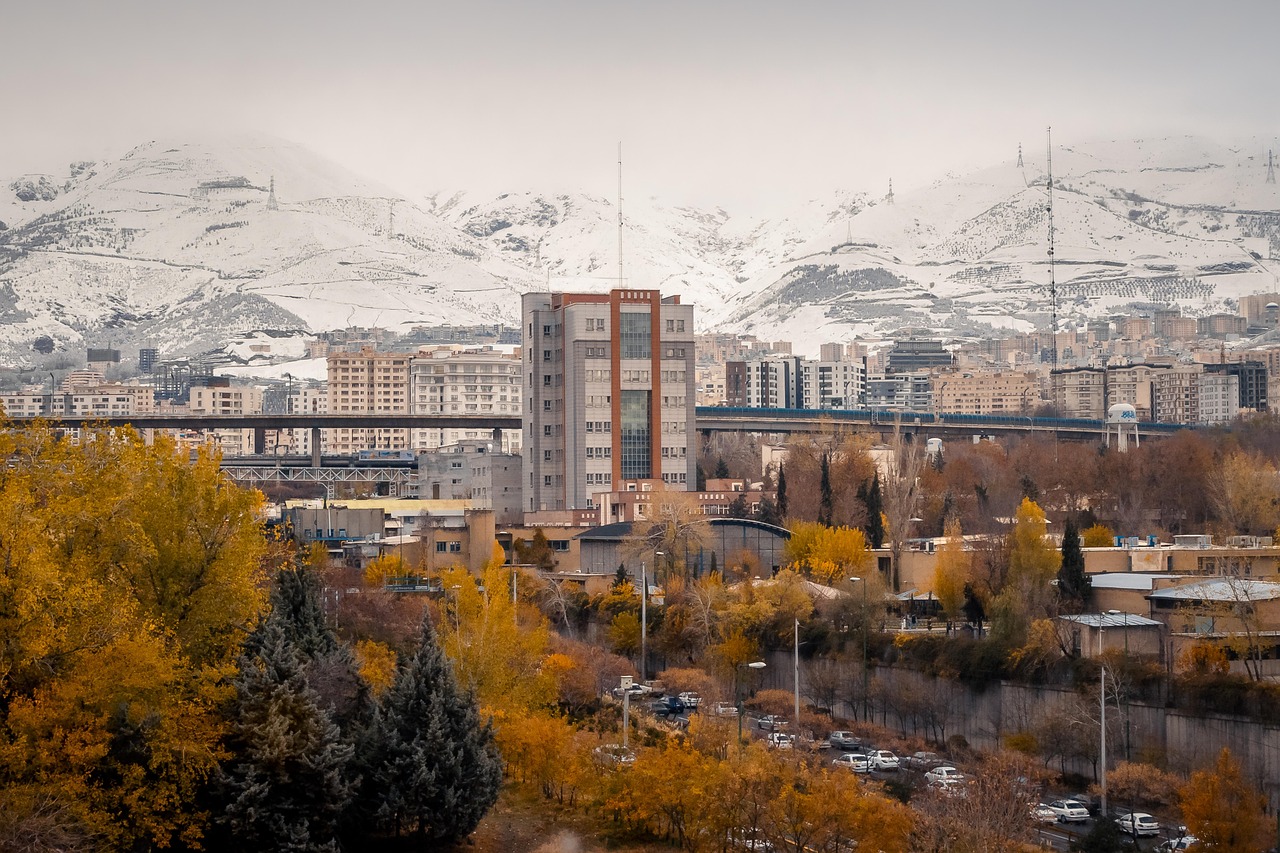
On the 100th anniversary of Hungarian–Iranian diplomatic ties, Hungary joined Iran Expo 2025 in Tehran, fostering business talks and new trade partnerships. With 3,100 traders from 111 countries, the expo underscored growing economic, agricultural, and educational cooperation between the two nations.
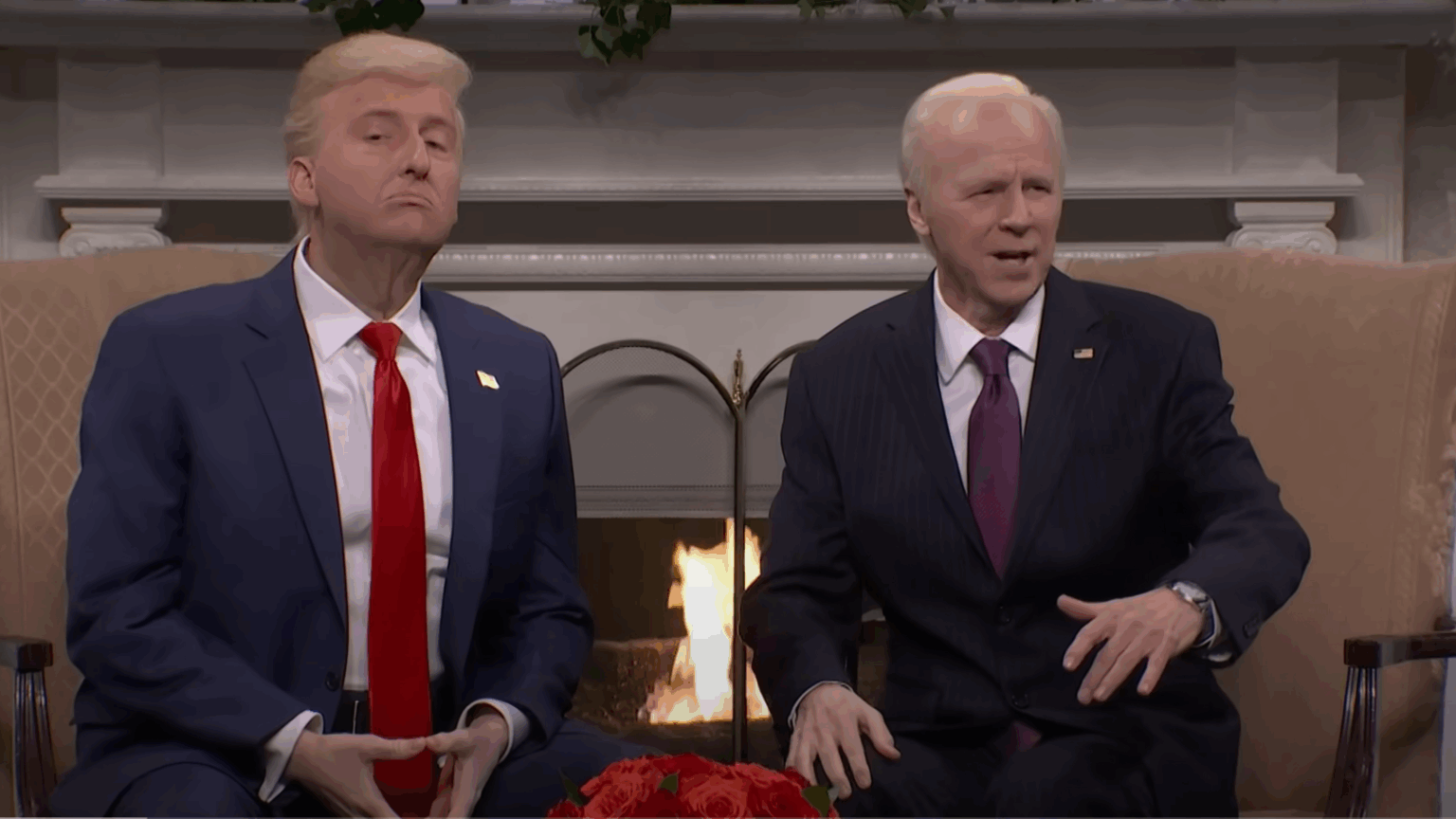
In a recent podcast appearance, comedian Dana Carvey admitted that he avoided being too harsh on President Biden with his impression of him on Saturday Night Live, since it was obvious that the former POTUS was ‘compromised mentally’.
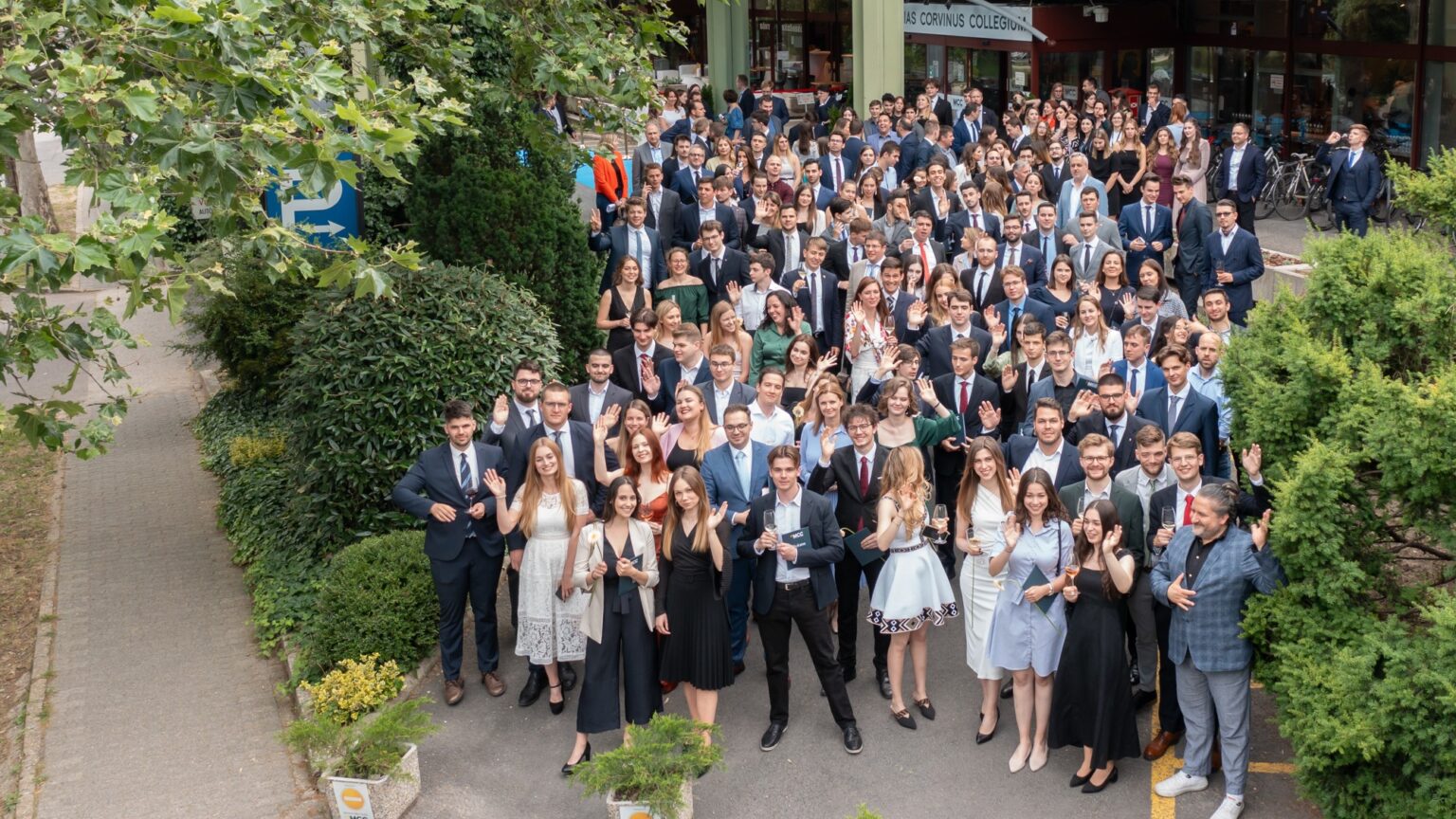
A record number of young people have applied to the Mathias Corvinus Collegium’s free talent programmes, prompting an extension of the University Programme application deadline to 4 August. Interest spans from primary school to university-level courses.
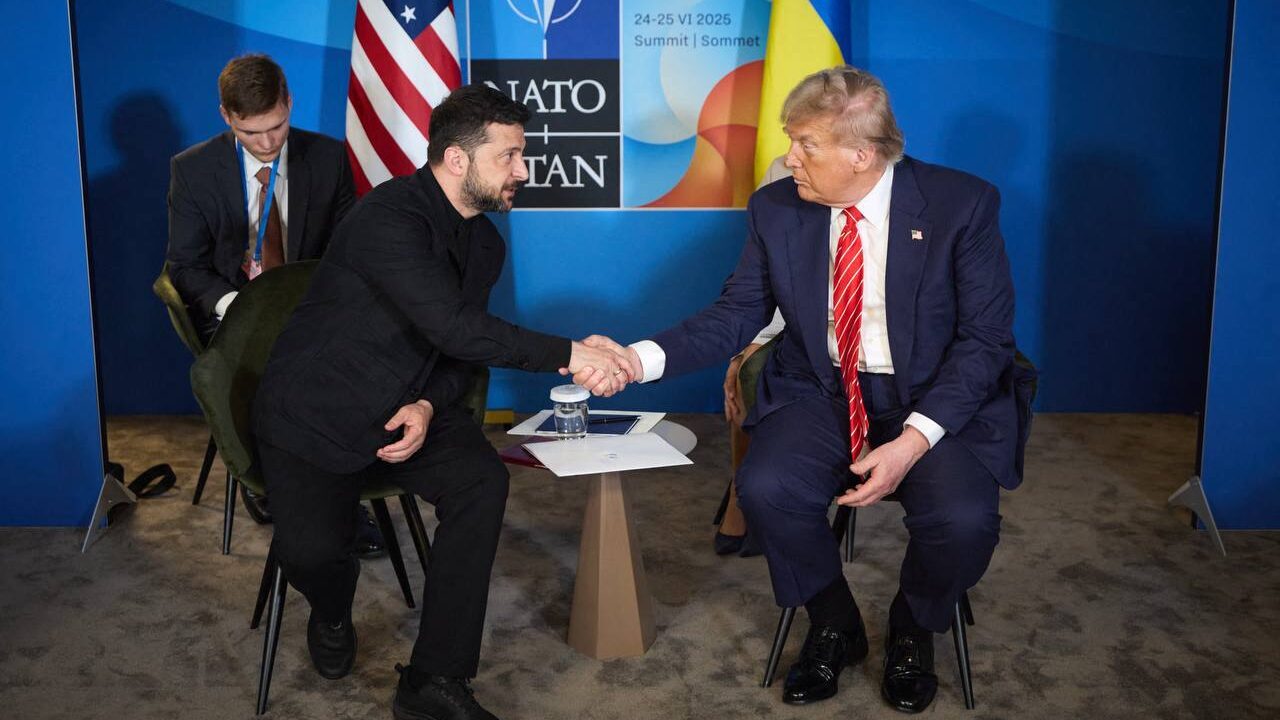
Russia’s capture of Shevchenko—site of a key lithium deposit—is alarming investors over the future of a US–Ukraine critical minerals deal. With further Russian advances, Donald Trump may face a tough choice: ramp up pressure on Moscow or risk the deal’s collapse.
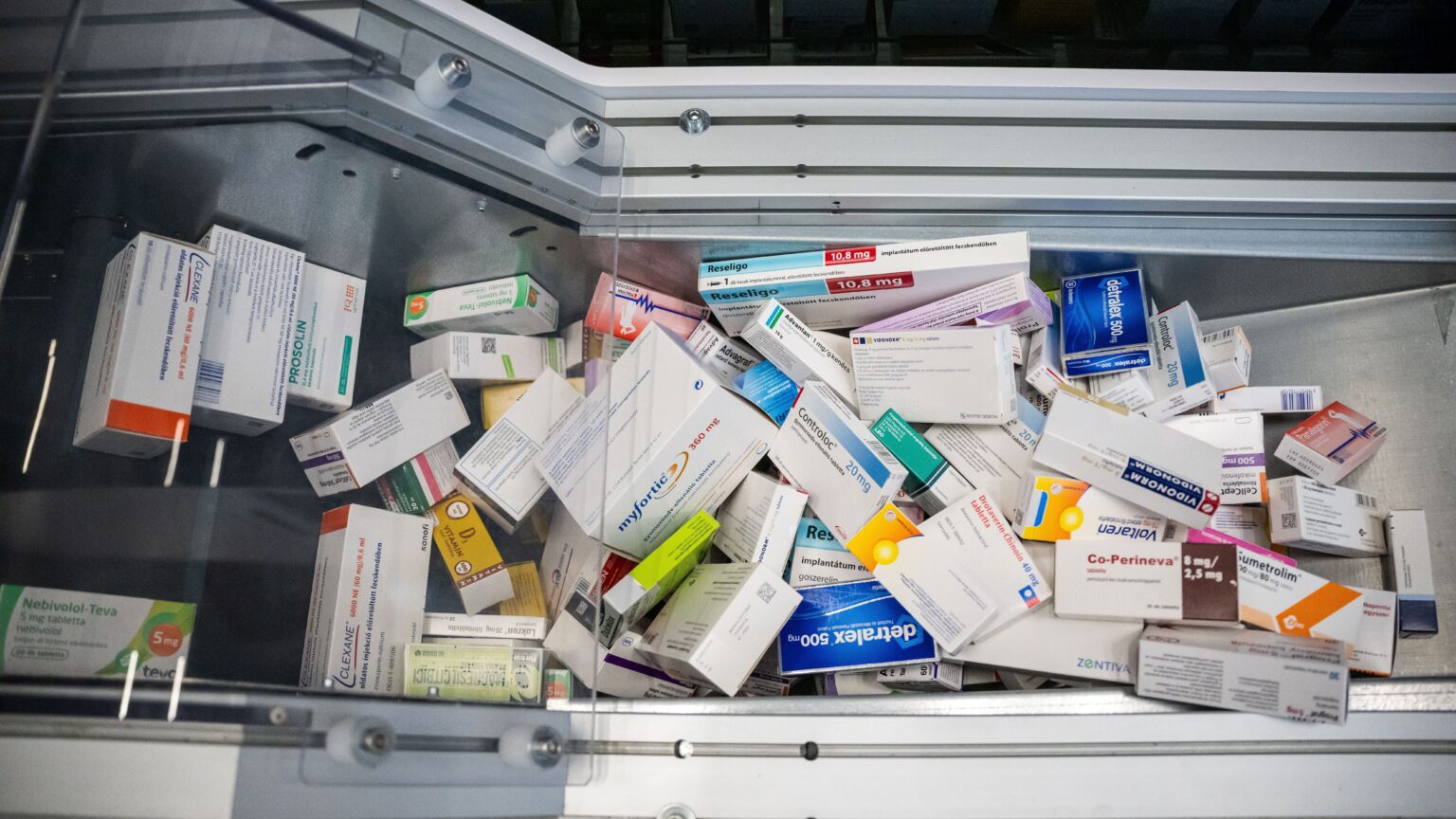
To curb unjustified price hikes, Hungary’s government and the pharmaceutical sector have agreed to voluntarily cap prices on 44 popular over-the-counter and prescription medicines until mid-2026, aiming to protect families and pensioners.
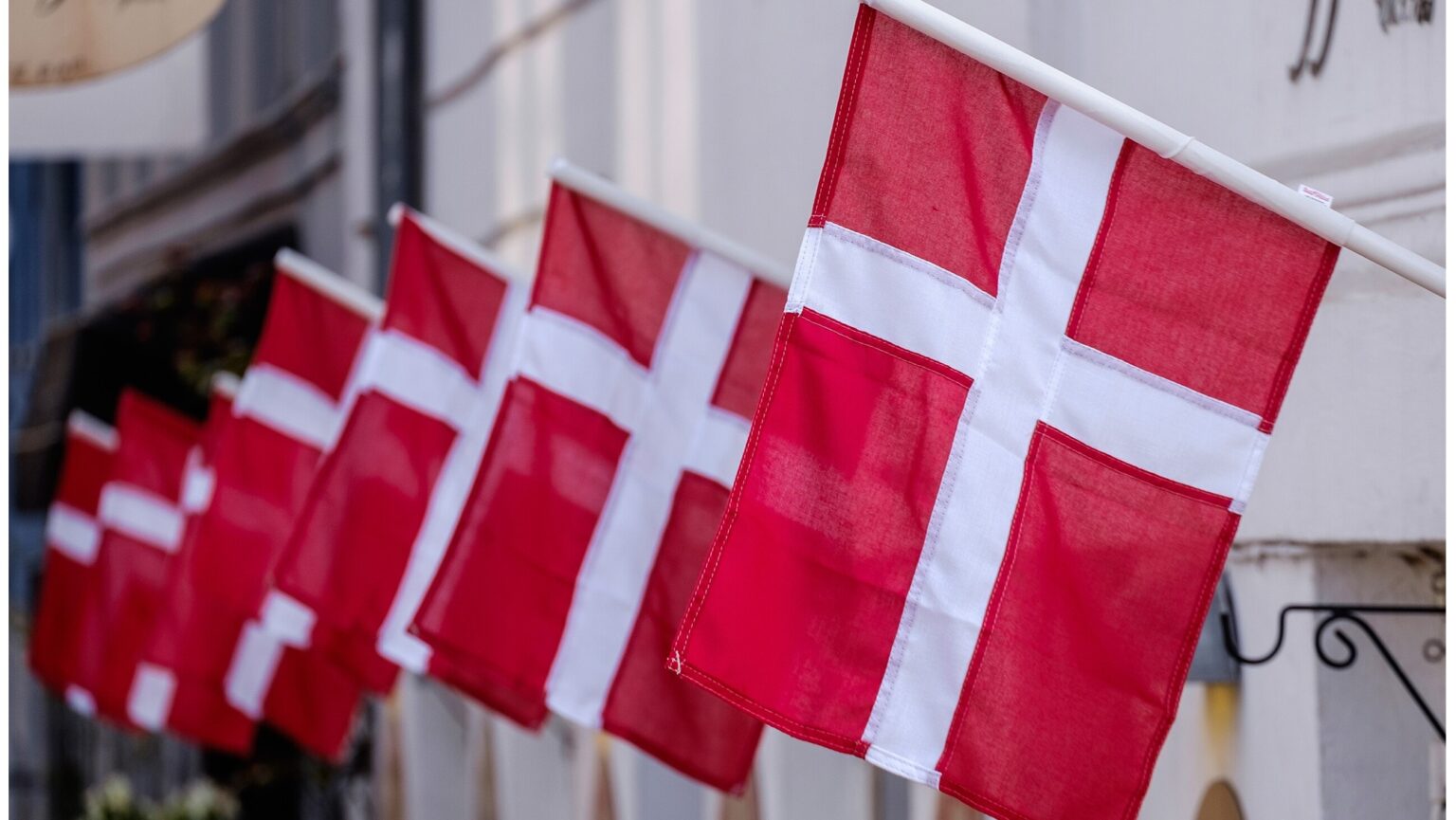
On 1 July, Denmark is assuming the rotating presidency of the Council of the EU. They will be carrying over European competitiveness as a major priority from the Hungarian presidency a year ago. However, on the issues of migration, Russian energy imports, and Ukraine’s EU accession, they are taking the exact opposite stances, as discussed on the Hungarian news channel Hír TV.

Hungarian painter Ágnes Zászkaliczky will showcase her evocative vision of a fragile Venice at the 2025 London Art Biennale, joining over 350 artists from 60 countries in Chelsea Old Town Hall. Known for blending classical artistry with modern expression, Zászkaliczky’s richly symbolic work warns of climate and cultural loss, while she continues innovating in stage and multimedia design at home.

A new EY study highlights a sharp contrast between executives and users on the trustworthiness of AI, with leaders optimistic about integration and users voicing concerns over privacy, transparency, and accountability.

Juneteenth marks the end of slavery in the U.S., yet the legacy of human bondage extends far beyond American shores. From African complicity in the slave trade to Black slaveholders in early America, and the persistence of slavery in parts of modern Africa, this article explores the often overlooked complexities of a global and ongoing issue.
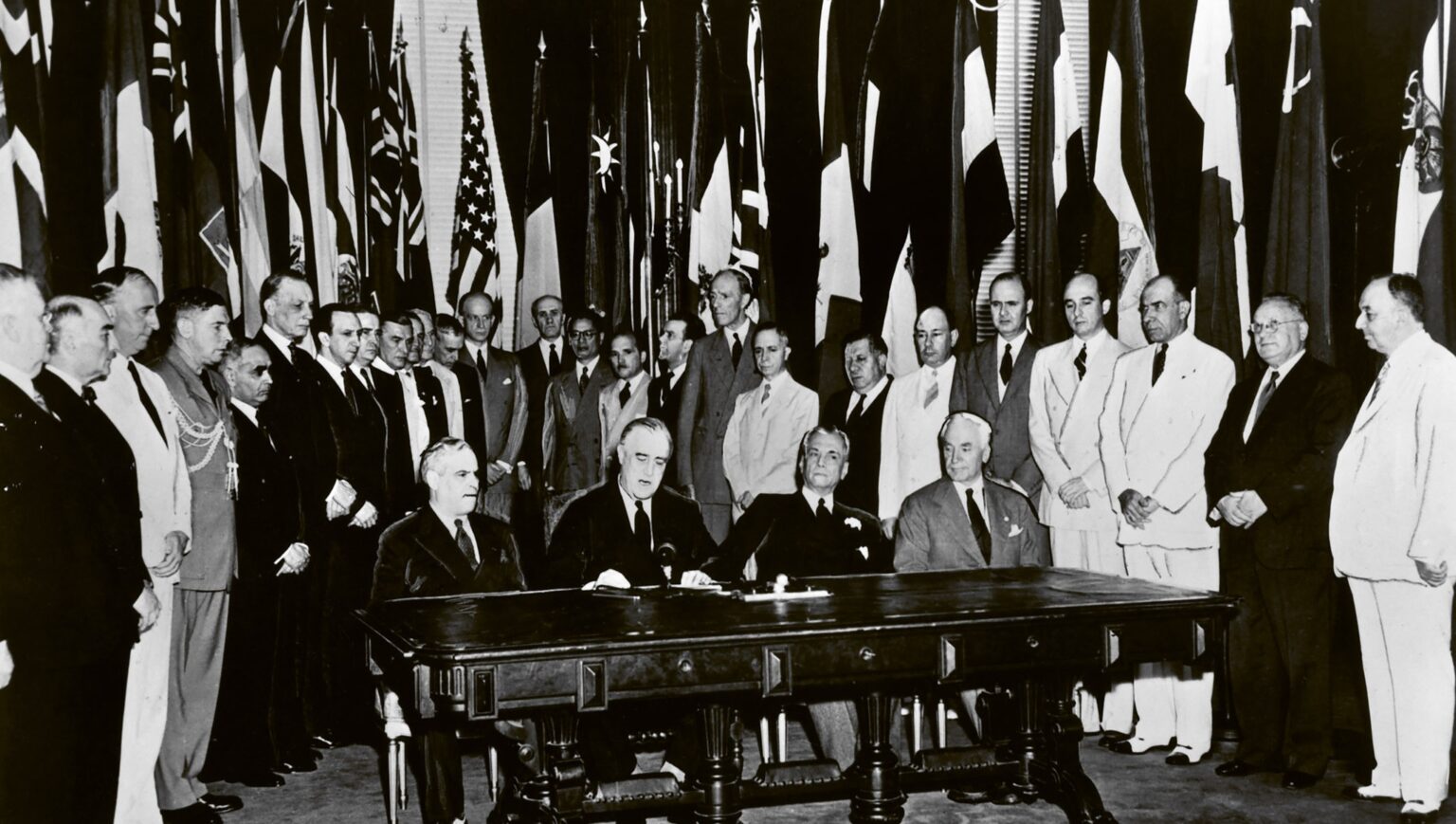
‘Europe stands at a crossroads as America retreats from NATO, immigration stokes domestic unrest, and the EU overreach alienates voters. SI offers a remedy: a continent where nations govern democratically, cooperate voluntarily, and secure themselves without external crutches, by grounding solidarity in national consent.’
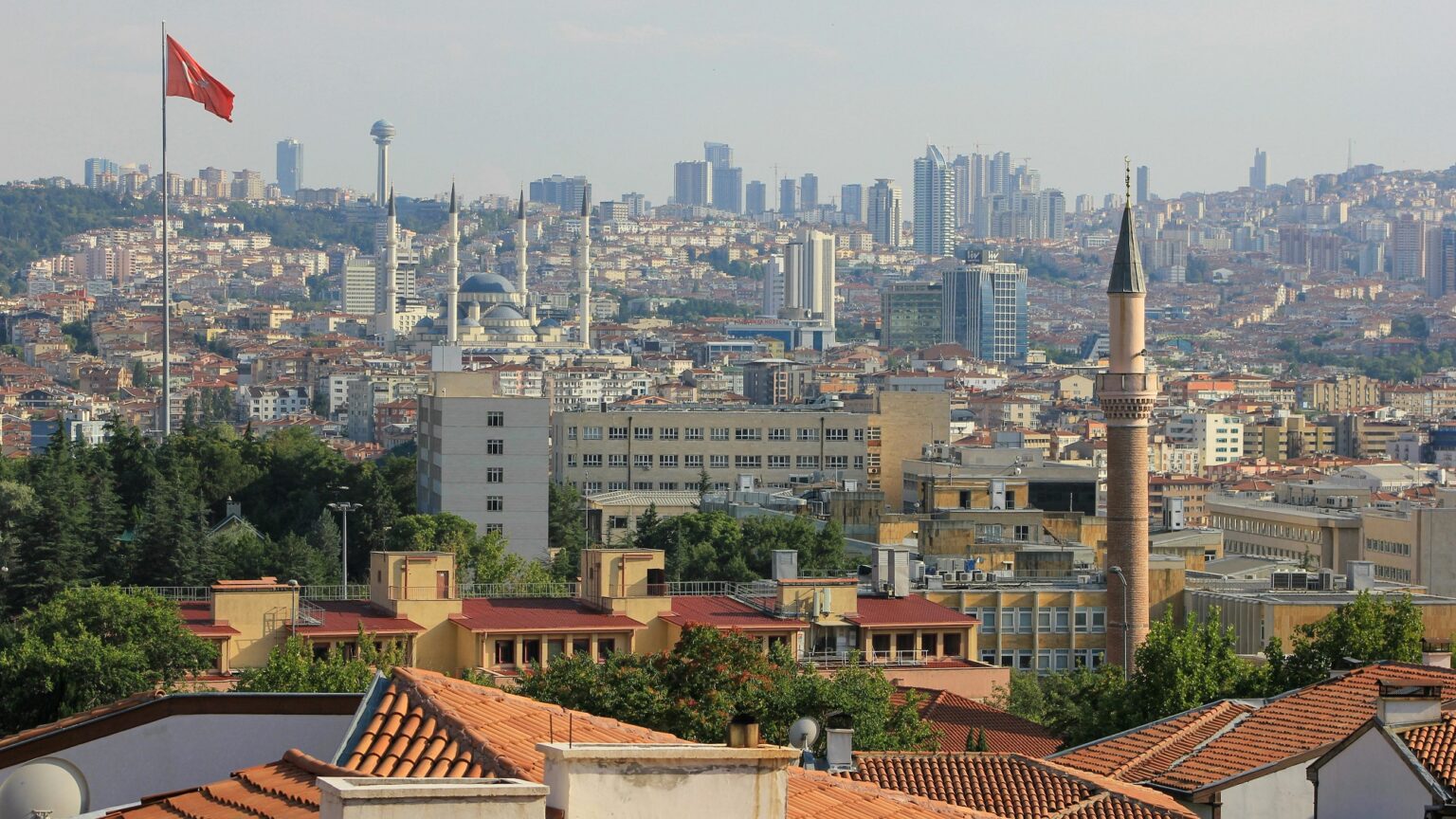
Hungary and Türkiye aim to boost annual trade from $3B to $5B, as per a nine-point deal signed at the recent meeting of the Hungary–Türkiye Joint Economic Commission in Ankara, Türkiye. The pact includes visa facilitation, a €255M Eximbank credit line, and new investments—highlighting deepening ties between the two nations across multiple sectors.
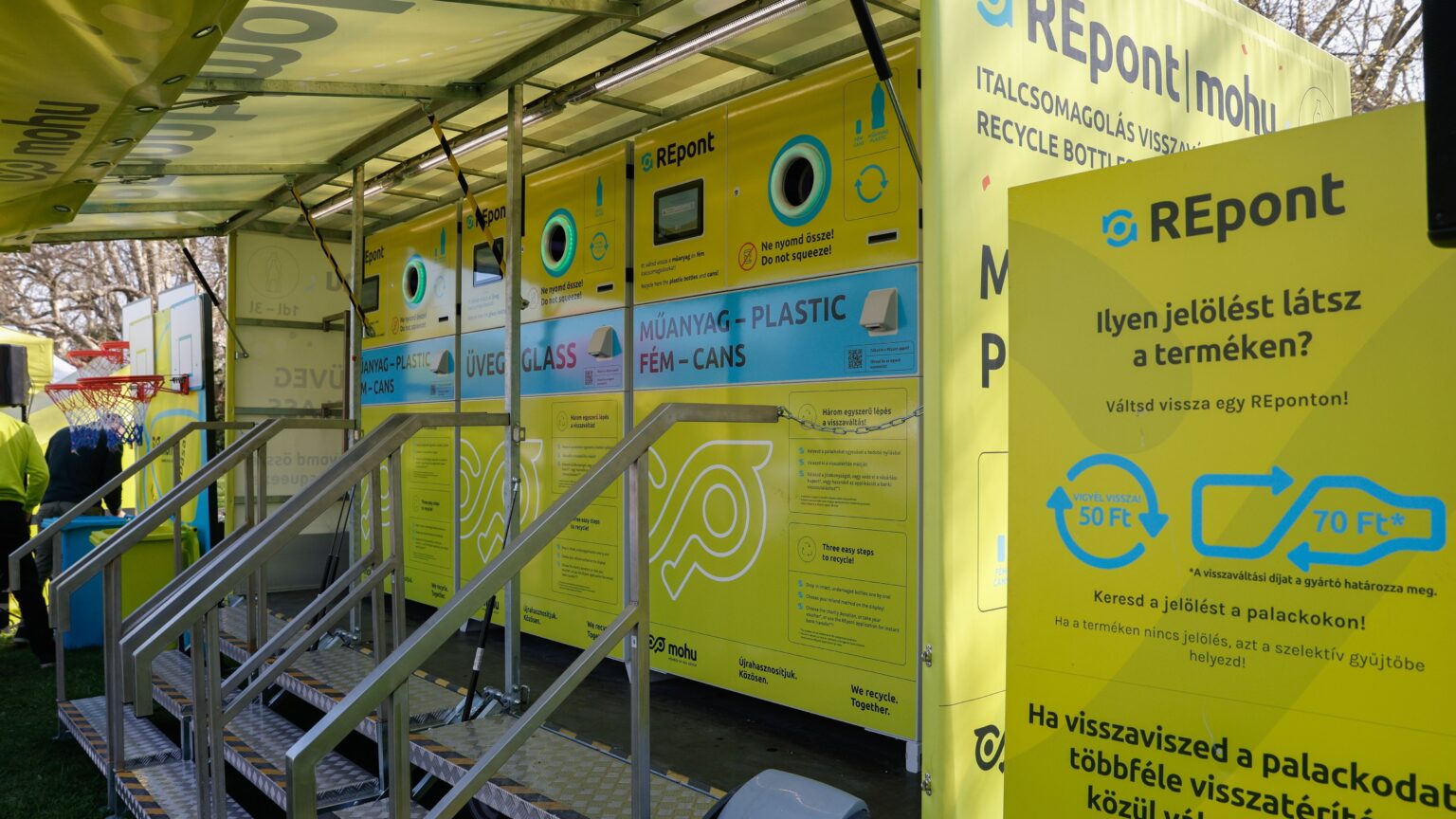
Hungary’s new bottle return system has exceeded expectations in its first year, with citizens returning millions of containers daily. In a podcast with former president János Áder, MOHU’s CEO outlined successes, challenges, and ambitious waste plans ahead.
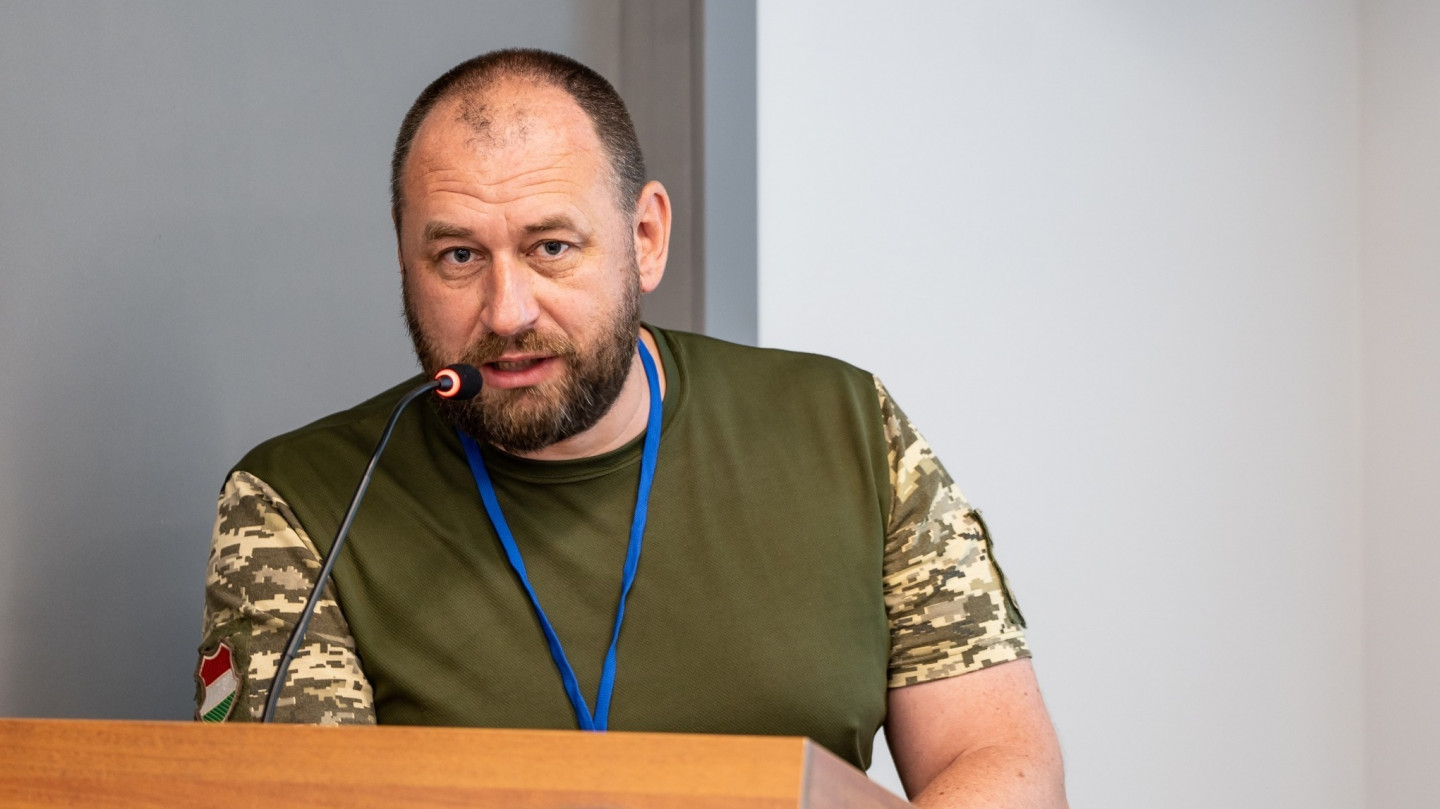
Ukraine’s ambassador to Hungary Sándor Fegyir discussed the current state and future prospects of Ukrainian–Hungarian relations in an interview with Index, stating that political communication has flaws on both sides, but that ‘it is never too late to apologize to each other.’

Hungarian Prime Minister Viktor Orbán discussed a wide range of topics with astronaut Tibor Kapu during a video call on Sunday. Kapu shared insights into his experiences so far aboard the International Space Station, including details about the experiments he is conducting and the Hungarian food he brought with him to space.

Two firefighters were shot dead, while one was hit but survived, while responding to a bushfire near Coeur d’Alene, Idaho. Authorities believe the shooter is now dead as a deceased man was found with a rifle near the crime scene. The identity and the motive of the man who committed the heinous act are yet to be known.
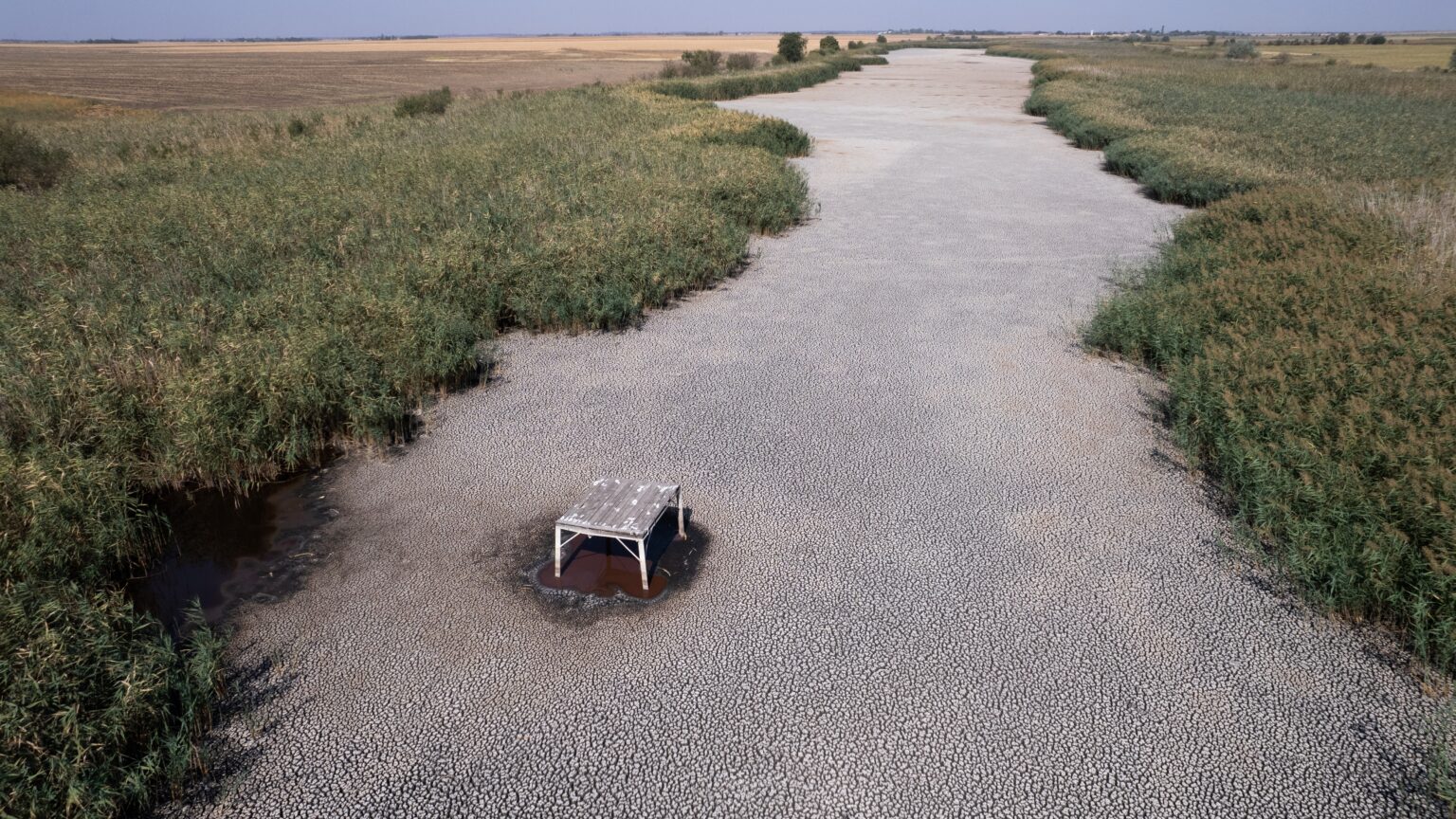
As Hungary braces for a record hot summer, the government is covering farmers’ water fees and expanding irrigation efforts. Agriculture Minister István Nagy criticized Brussels and the Tisza Party for backing EU plans that would shift drought costs to farmers.
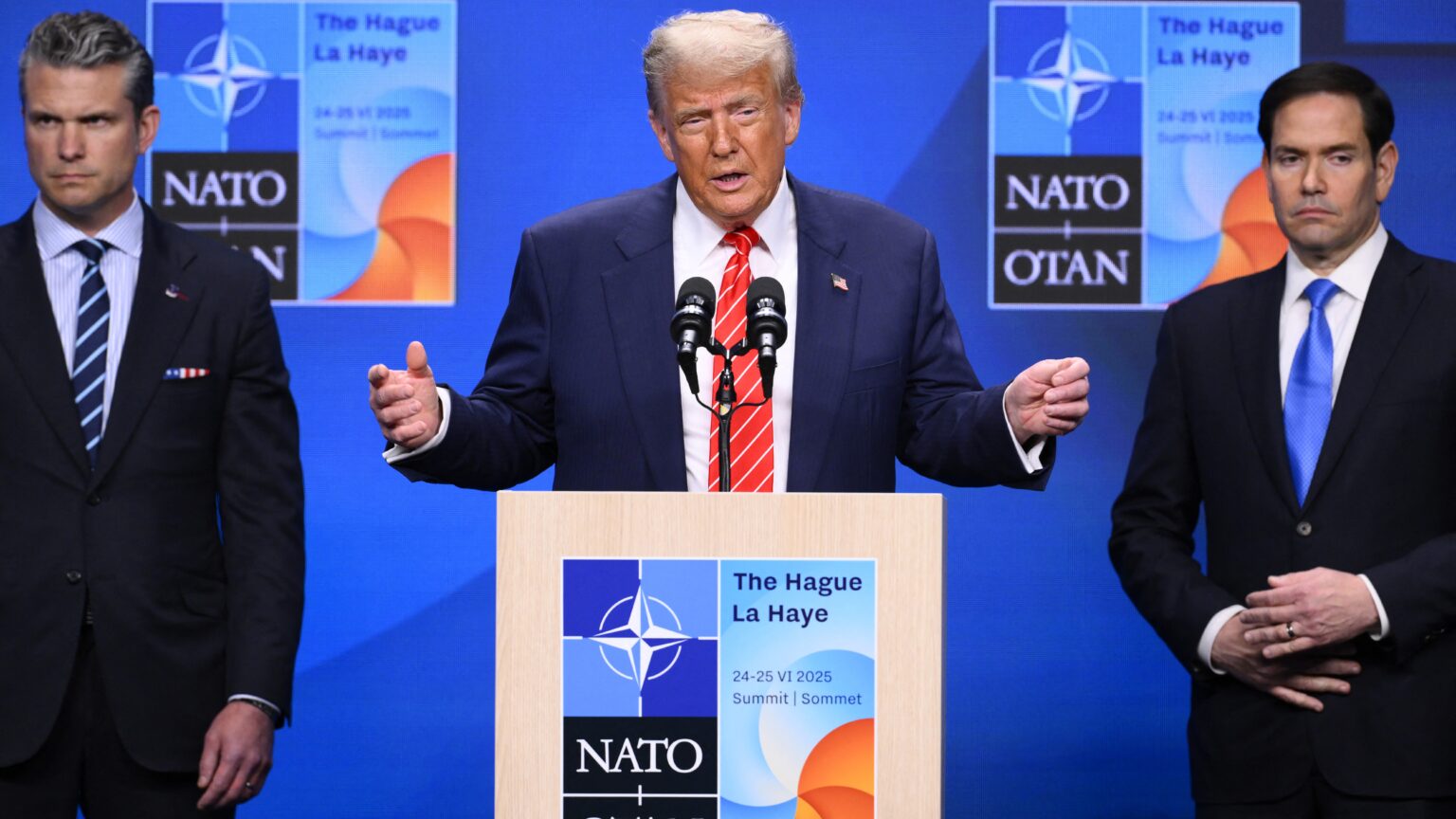
At the NATO summit in The Hague, leaders pledged record defence spending—5 per cent of GDP by 2035—marking the biggest shift since the Cold War. While Ukraine saw little progress toward membership, Donald Trump stole the spotlight with military success and strong support from allies, reshaping the summit’s focus toward core defence.
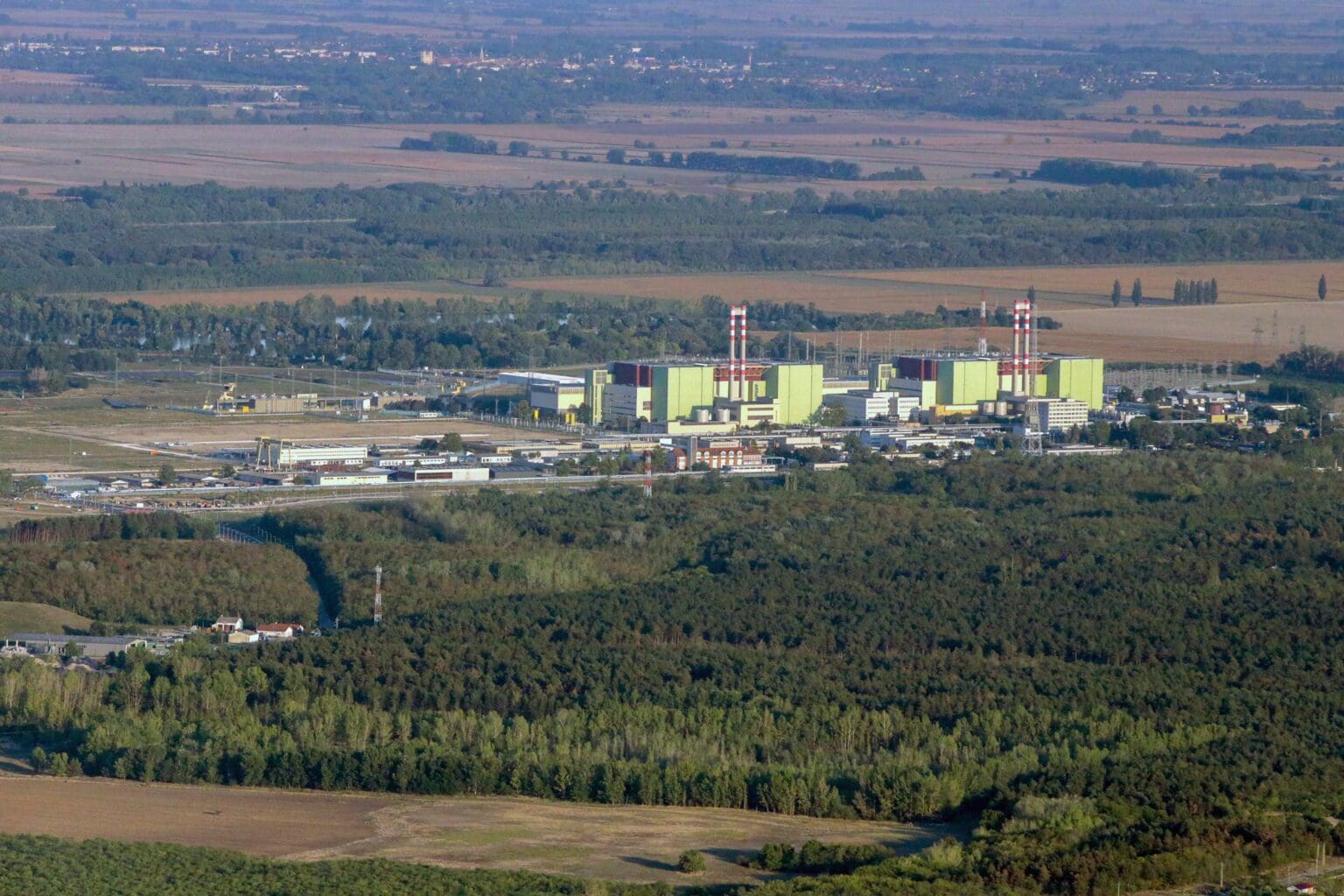
The US government has lifted sanctions related to Hungary’s Paks nuclear power plant expansion, a move Foreign Minister Péter Szijjártó credits to the new Trump-led administration, calling it key to Hungary’s long-term energy security.

Hungarian Conservative is a quarterly magazine on contemporary political, philosophical and cultural issues from a conservative perspective.